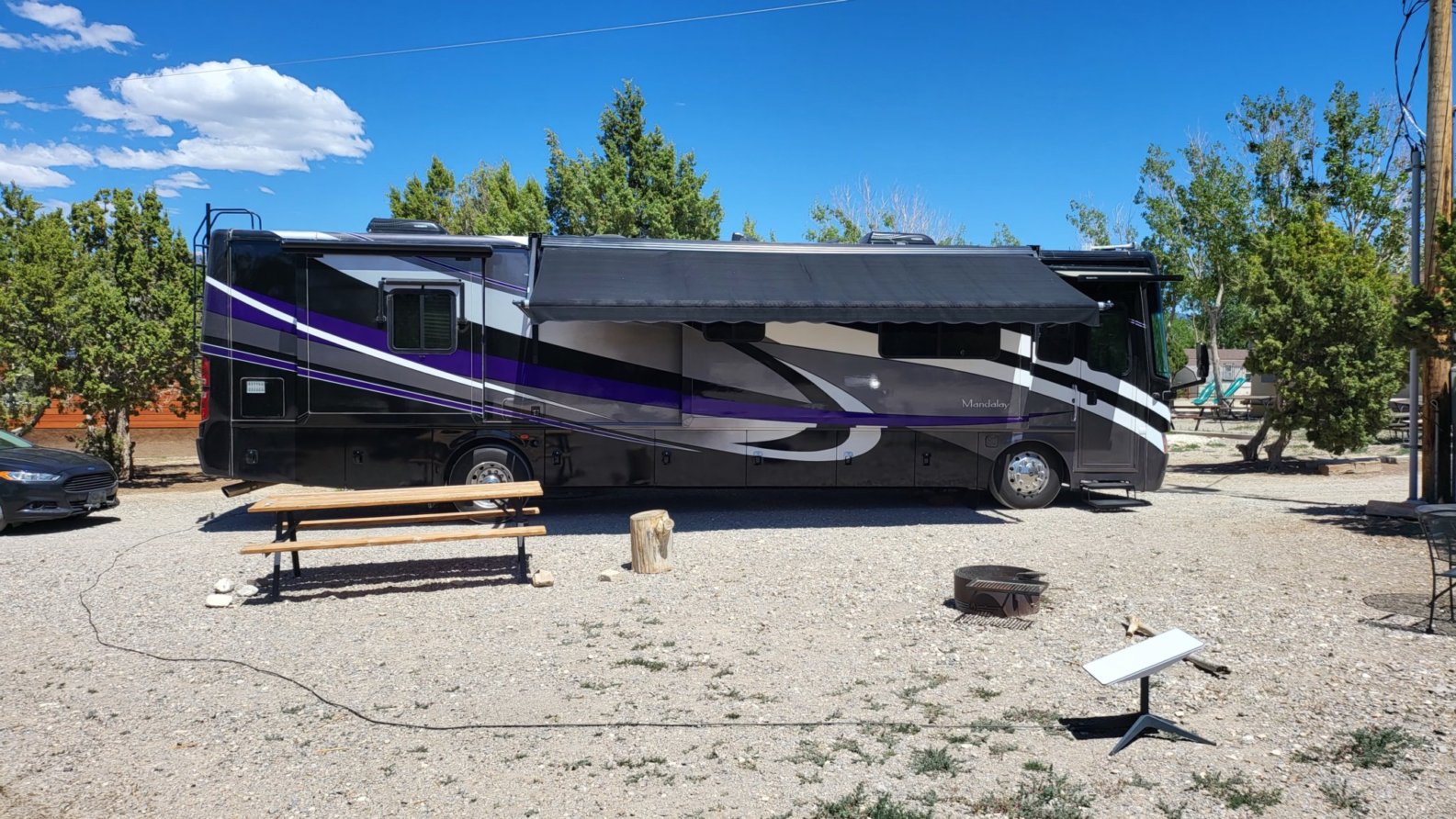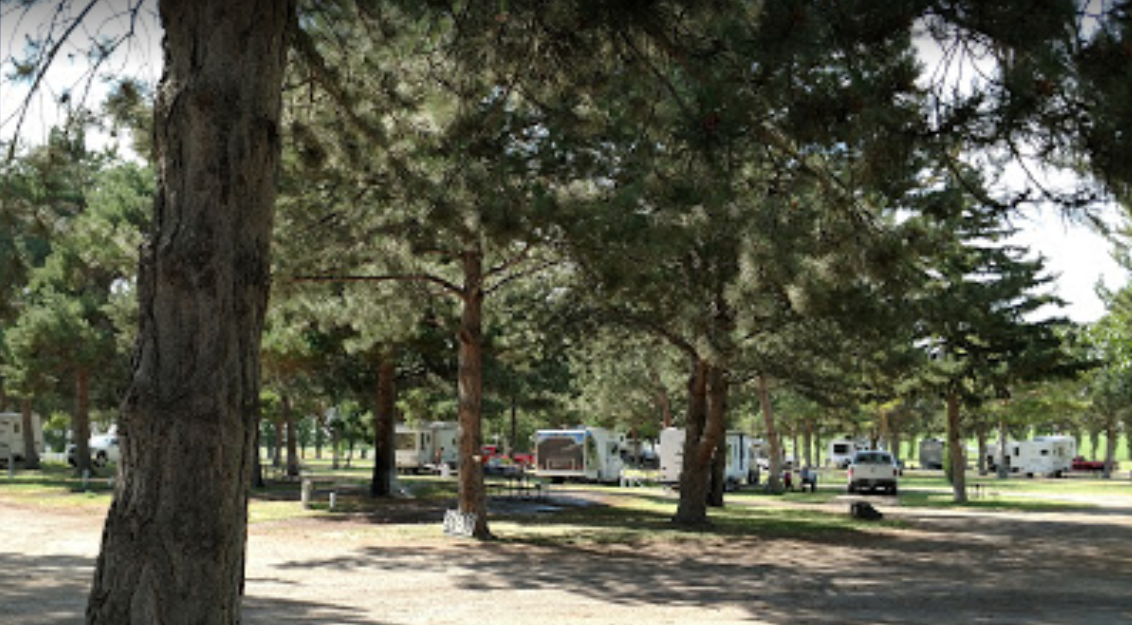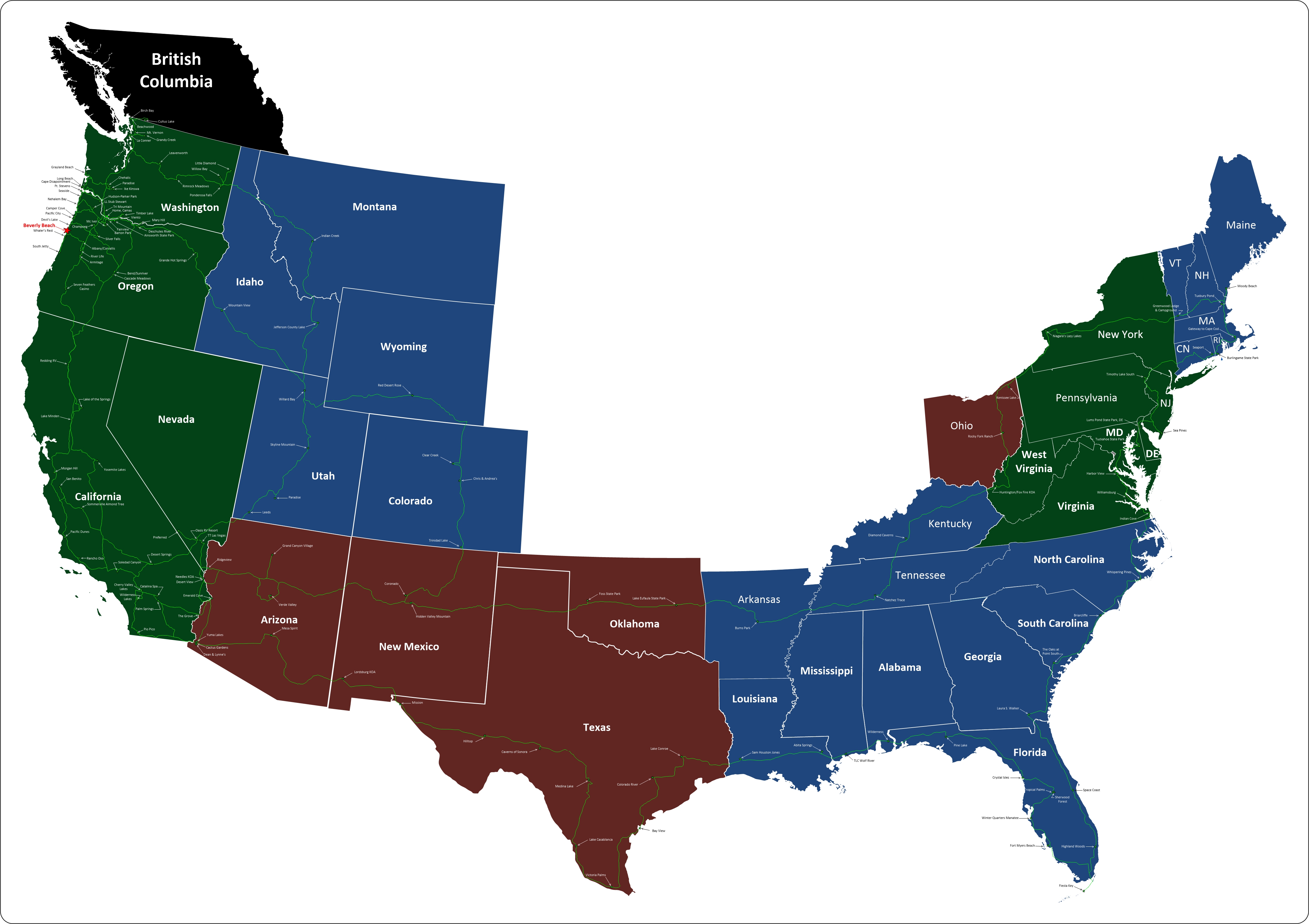In January 1776, it became the first of the British North American colonies to establish a government independent of the Kingdom of Great Britain's authority, and it was the first to establish its own state constitution. Six months later, it became one of the original 13 colonies that signed the United States Declaration of Independence, and in June 1788 it was the ninth state to ratify the United States Constitution, bringing that document into effect.
Historically, New Hampshire was a major center for textile manufacturing, shoemaking, and papermaking, with Amoskeag Manufacturing Company in Manchester at one time being the largest cotton textile plant in the world. Numerous mills were located along various rivers in the state, especially the Merrimack and Connecticut rivers. Many French Canadians migrated to New Hampshire to work the mills in the late 19th and early 20th century; New Hampshire still ranks second among states by percentage of people claiming French American ancestry, with 24.5% of the state.
Manufacturing centers such as Manchester, Nashua, and Berlin were hit hard in the 1930s–1940s, as major manufacturing industries left New England and moved to the southern United States or overseas, reflecting nationwide trends. In the 1950s and 1960s, defense contractors moved into many of the former mills, such as Sanders Associates in Nashua, and the population of southern New Hampshire surged beginning in the 1980s as major highways connected the region to Greater Boston and established several bedroom communities in the state.
With some of the largest ski mountains on the East Coast, New Hampshire's major recreational attractions include skiing, snowmobiling, and other winter sports, hiking and mountaineering (Mount Monadnock in the state's southwestern corner is among the most climbed mountains in the U.S.), observing the fall foliage, summer cottages along many lakes and the seacoast, motor sports at the New Hampshire Motor Speedway, and Motorcycle Week, a popular motorcycle rally held in Weirs Beach in Laconia in June. The White Mountain National Forest links the Vermont and Maine portions of the Appalachian Trail, and has the Mount Washington Auto Road, where visitors may drive to the top of 6,288-foot (1,917 m) Mount Washington.
Among prominent individuals from New Hampshire are founding father Nicholas Gilman, Senator Daniel Webster, Revolutionary War hero John Stark, editor Horace Greeley, founder of the Christian Science religion Mary Baker Eddy, poet Robert Frost, astronaut Alan Shepard, rock musician Ronnie James Dio, author Dan Brown, actor Adam Sandler, inventor Dean Kamen, comedians Sarah Silverman and Seth Meyers, restaurateurs Richard and Maurice McDonald, and President of the United States Franklin Pierce.




